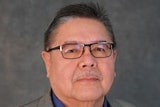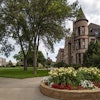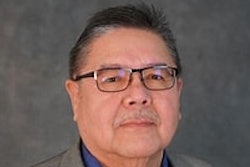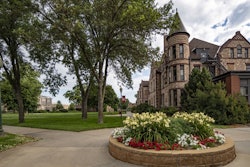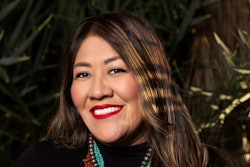Study Highlights Benefits of Tribal Colleges
WASHINGTON
Tribal colleges and universities play a vital role in helping American Indian communities devise innovative and culturally appropriate solutions that shape the community’s social and economic vision for the future, according to a recent study jointly released by two nonprofit higher education organizations.
The study, Building Strong Communities: Tribal Colleges as Engaged Institutions, among other things highlights the need for additional funding for the nation’s tribal colleges in order to increase their potential as contributors to local community development.
“Insufficient operational funding continues to threaten the colleges’ viability and remains the most pressing priority facing the tribal college movement,” says Dr. Gerald Gipp, executive director of the American Indian Higher Education Consortium (AIHEC).
Tribal communities face numerous challenges. Only 66 percent of American Indian adults graduated from high school. At the same time, American Indian teachers and health professionals are scarce, accounting for less than 1 percent of all public school teachers, physicians and registered nurses. Tribal colleges help communities both by providing direct services in these areas and by graduating professionals who remain in local communities.
The report was prepared by AIHEC and the Institute for Higher Education Policy.
© Copyright 2005 by DiverseEducation.com
